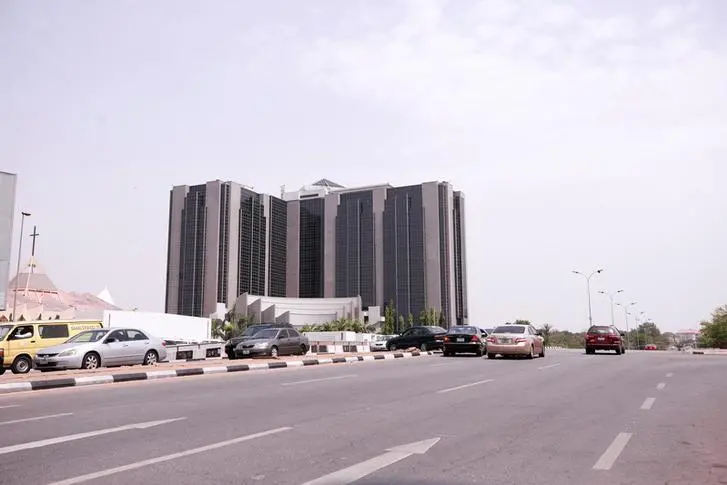PHOTO
As the disparity between savings and lending rates widen, the banking public have expressed dissatisfaction with interest rate management in the country.
Available records from the Central Bank of Nigeria (CBN) show that about 63.0 percent of Nigerians are dissatisfied with the management of interest rates, with 42.0 percent expressing that they were very dissatisfied.
This is according to the July 2024 Inflation Attitudes Survey (IAS), part of the broader Household Expectations Survey, which was carried out by the CBN’s Statistics Department from July 22 to 26, 2024, with a response rate of 99.7 percent.
This level of dissatisfaction indicates significant public discontent with the current monetary policy approach, suggesting that many Nigerians believe the current interest rate policies are not effectively addressing their economic concerns.
On the other hand, only 15.7 percent of respondents expressed satisfaction with the management of interest rates, highlighting a stark contrast between those who support the current policies and those who do not.
This low satisfaction rate shows the widespread sentiment that the economic challenges, particularly related to high borrowing costs and inflation, are not being adequately managed.
Recall that after a 2-day meeting held on the 22nd and 23rd of July 2024, the apex bank decided to hike the Monetary Policy Rate (MPR) to 26.75 percent from the previous rate of 26.25 percent. The MPR serves as a guide for commercial banks to determine their interest rates for customer loans and deposits.
New rates published by the CBN showed that banks now offer savings deposit rates ranging from 7.88 percent whereas the prime lending rates ranges from 23 percent to 32 percent respectively.
Each bank offers different lending rates that reflect their respective approaches to lending to the manufacturing industry.
The prime rate indicates the best possible rate offered to the most creditworthy customers, while the maximum rate suggests the upper limit of interest rates for loans to the sector, which might apply to higher-risk scenarios or different loan structures.
However, in terms of the perceived impact of rising prices, 80.9 percent of the CBN survey respondents believed that the economy would weaken if prices continued to rise rapidly, highlighting widespread concern about the negative effects of inflation on economic stability.
Only a small fraction (3.2%) believed that the economy would grow stronger in such a scenario, while 12.9 percent thought it would make no difference.
The survey also delved into public opinion on the relationship between interest rates and inflation. While 53.3 percent of respondents believed that an increase in interest rates would lead to higher prices in the short term, 49.8 percent held this view for the medium term (six to twelve months).
These findings suggest a general awareness of the complex interplay between monetary policy and inflation, though opinions on the exact effects remain divided.
The CBN also disclosed that only 36.3 percent of Nigerian households prefer an increase in interest rates to control inflation.
The survey, which sampled 1,665 households across the nation, sheds light on the complex dynamics between inflation, interest rates, and public sentiment in Nigeria.
Copyright © 2022 Nigerian Tribune Provided by SyndiGate Media Inc. (Syndigate.info).





















